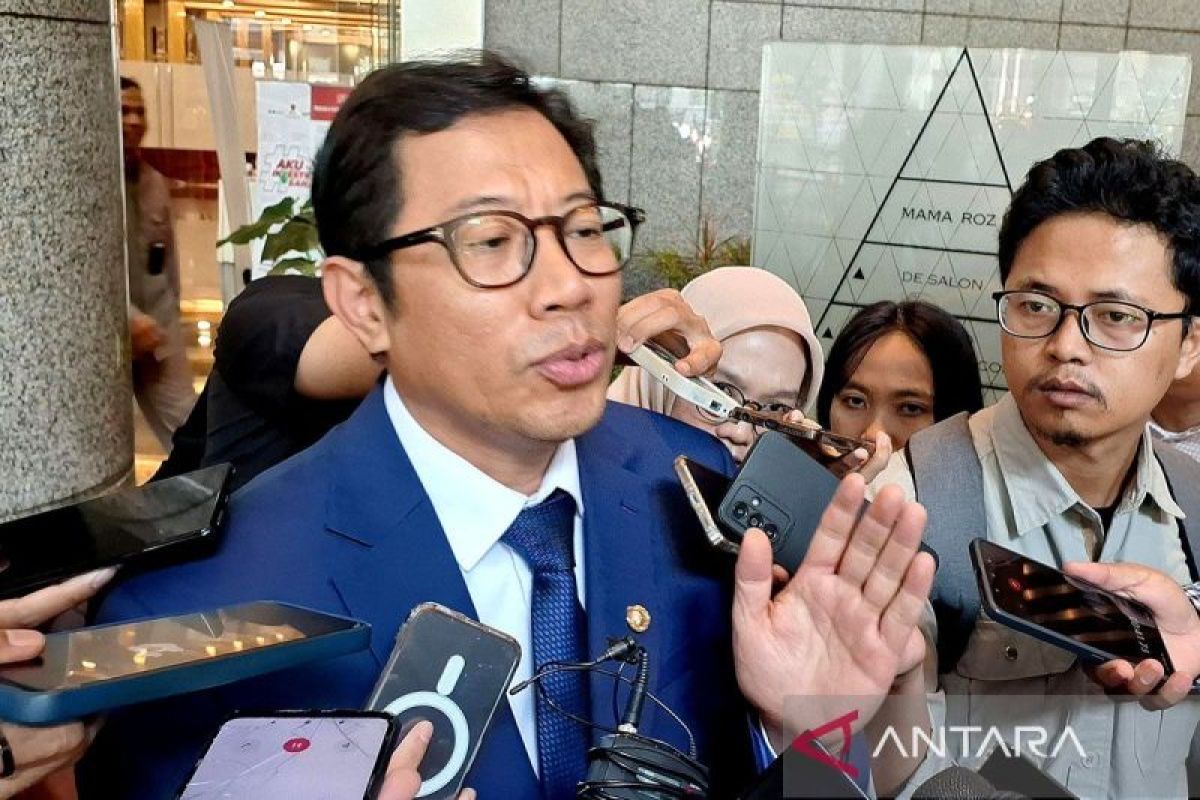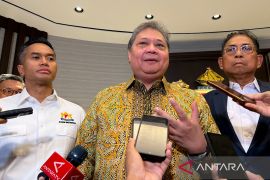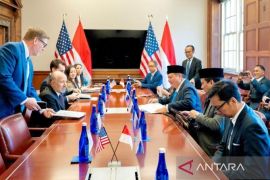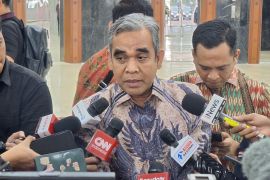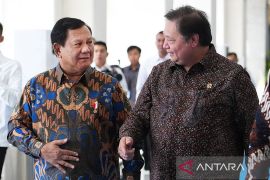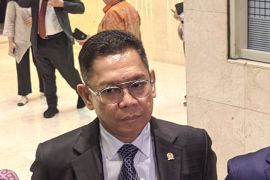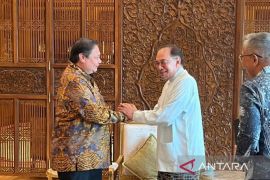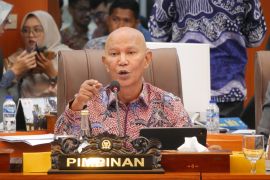“We have conducted a survey (regarding the impact of the reciprocal tariff on the stock market); (turns out, there will be) relatively no significant impact,” director of company valuation at IDX, I Gede Nyoman Yetna, said here on Tuesday.
He explained that the survey results indicate that the policy is unlikely to weigh heavily on market dynamics, mainly because the effect of the tariff will depend on how much listed companies contribute to the exports of the specific products covered by the policy.
“According to our survey, the impact toward the tariff is not substantial because it depends on the contribution of our listed companies to products or goods that are affected by the tariff,” Yetna said.
On a separate occasion, head of the Presidential Communication Office (PCO), Hasan Nasbi, said that Coordinating Minister for Economic Affairs, Airlangga Hartarto, left for Washington, D.C., United States, on Tuesday to continue negotiations on the reciprocal tariffs.
“I contacted him (Hartarto) earlier, and he said that he is on his way from Rio de Janeiro to Washington, D.C.,” he informed here on Tuesday.
Meanwhile, the negotiation team of the Coordinating Ministry for Economic Affairs is in Washington to prepare for the negotiations.
President Trump has decided to maintain the 32-percent import tariff on Indonesian goods, first announced in April, despite ongoing talks between the two countries.
On Monday, President Trump sent letters to the leaders of Indonesia, Bangladesh, Cambodia, and Thailand, formally notifying them of the tariffs.
The letter confirmed that, starting August 1, the United States will impose a 32-percent tariff on Indonesian goods.
Related news: Indonesia sticks to energy offer in 32 pct tariff talks with US
Related news: Indonesia’s economy at risk from US tariff, lawmaker warns
Related news: Indonesia pushes for trade talks after US maintains 32 pct tariff
Reporter: Muhammad Heriyanto, Uyu Liman
Editor: Azis Kurmala
Copyright © ANTARA 2025
